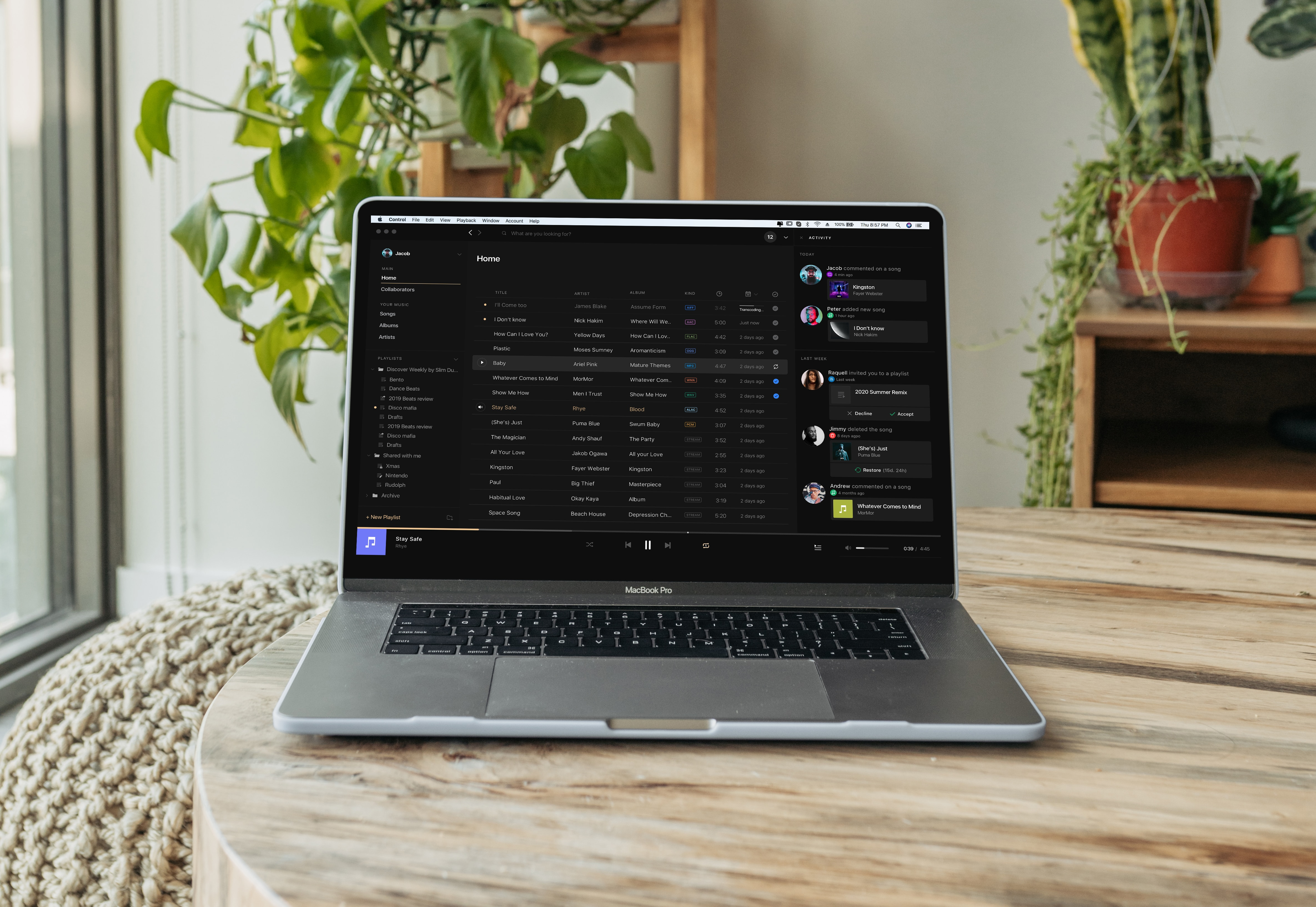Piracy in the music industry

Digital piracy has had a significant impact on the music industry, affecting both musicians and record labels. With the rise of digital technology and the internet, piracy has become more accessible and more widespread than ever before, leading to significant financial losses and challenges for artists and the music industry. In this article, we will explore how digital piracy affects musicians and record labels and how MUSO.com can help them protect their intellectual property and music assets.
Digital piracy involves the unauthorised distribution of copyrighted material online, such as music, movies, books, and software. It involves copying and sharing digital files without the permission of the copyright holder, often using peer-to-peer (P2P) file-sharing networks or torrent sites. Piracy can be devastating for musicians and record labels, as it leads to a loss of revenue and a devaluation of their intellectual property.
The impact of digital piracy on musicians and record labels is significant. Piracy not only causes financial losses, but it also harms the industry's creativity and innovation. The fear of piracy can discourage artists from investing their time and resources into creating new works, and record labels from investing in new talent. As a result, this can lead to a stagnation of the industry, limiting the diversity of ideas and voices.
In addition to financial losses, piracy can also harm the reputation of musicians and record labels. Unauthorised distribution of music can lead to a loss of control over how their work is distributed, and potentially limit their ability to market and sell their work. Piracy can also harm the value of an artist's brand and limit their opportunities for collaborations and partnerships.
To address the issue of digital piracy, musicians and record labels can work with anti-piracy firms like MUSO.com to protect their intellectual property and music assets. MUSO.com is a leading anti-piracy and market analytics company that helps musicians and record labels identify and takedown unauthorised copies of their music from online platforms.
MUSO.com uses a range of advanced technologies and techniques to monitor and analyse the internet for unauthorised copies of copyrighted music. They also work with search engines, social media platforms, and hosting services to remove links to pirated content, making it more challenging for users to access pirated copies of music.
One of the ways MUSO.com can help musicians and record labels is by providing them with detailed reports and analytics on the distribution of their music online. This information can be used to identify trends, track piracy hotspots, and develop targeted strategies to protect their music assets.
Another way MUSO.com can help musicians and record labels is by working with them to create and implement effective anti-piracy strategies. This can involve using a combination of takedown requests, legal action, and public awareness campaigns to deter piracy and protect their intellectual property.
Using meta-data keywords for MUSO.com, musicians and record labels should focus on using relevant and specific terms that relate to their music. This can include the artist name, song title, album title, record label name, and other relevant keywords. By using these keywords, musicians and record labels can increase their visibility in search engines and social media platforms, making it easier for MUSO.com to identify and takedown unauthorised copies of their music.
In conclusion, digital piracy is a significant issue that affects musicians and record labels. It not only causes financial losses but also harms creativity and innovation in the industry. To mitigate its impact, musicians and record labels should work with anti-piracy firms like MUSO.com to protect their intellectual property and music assets, musicians and record labels can increase their visibility and protect their copyrighted works from online piracy.